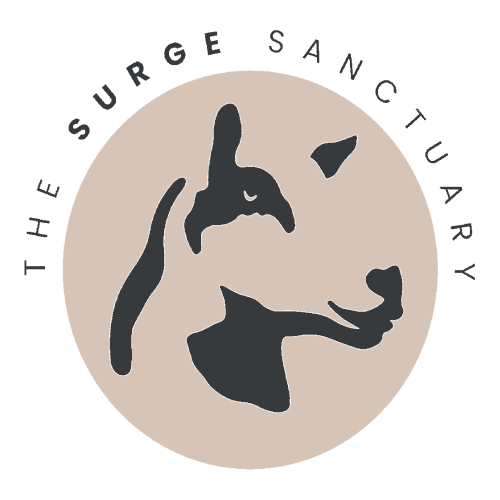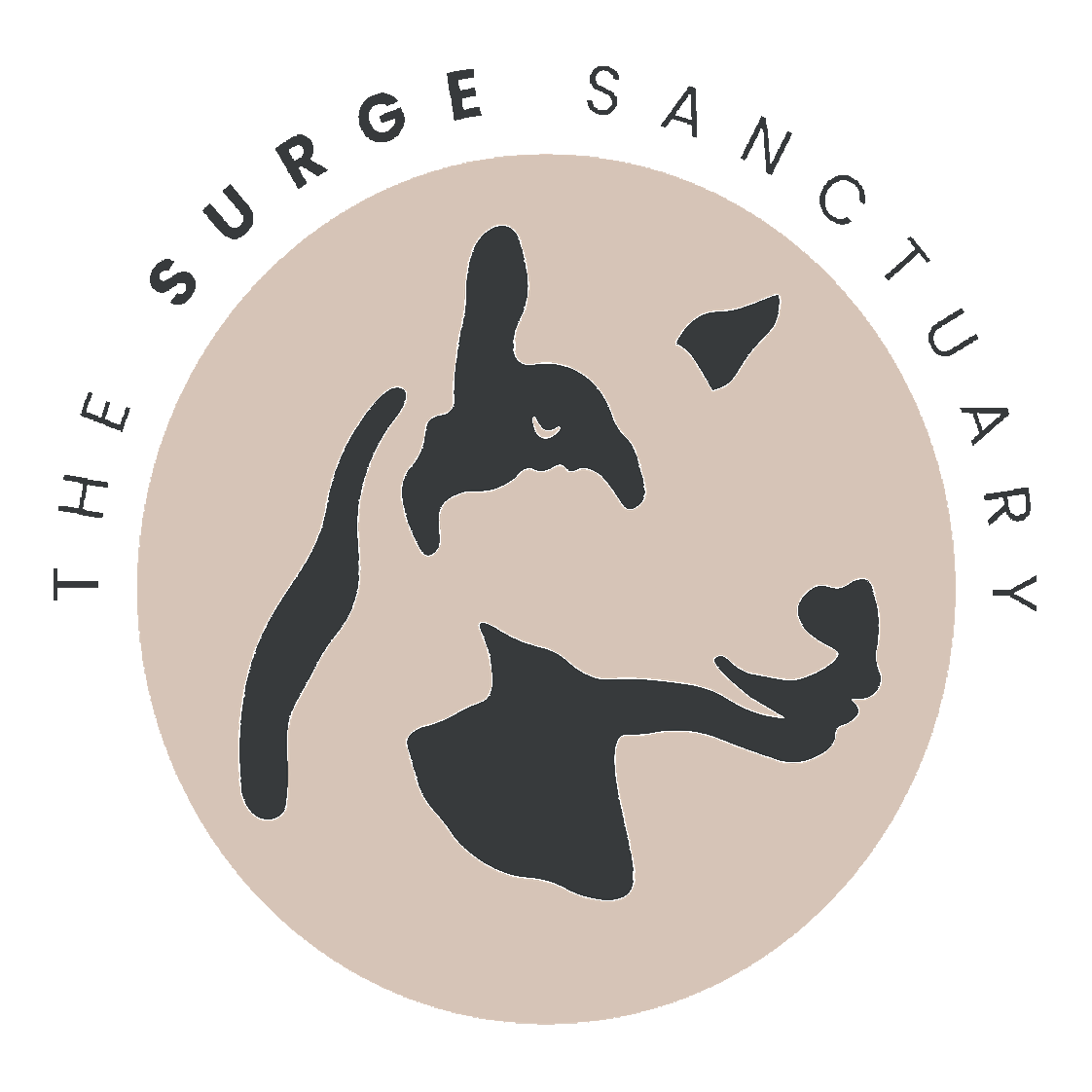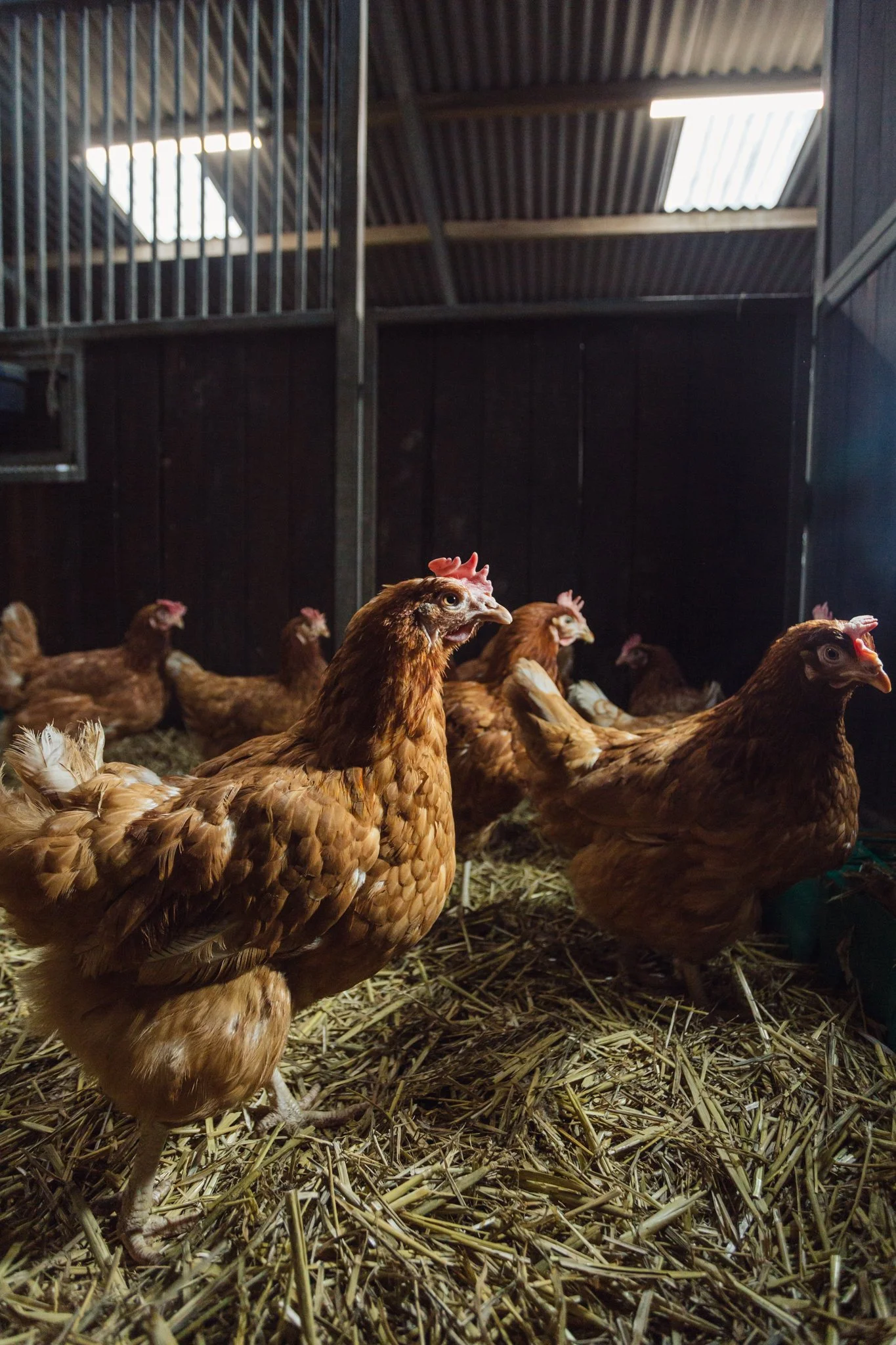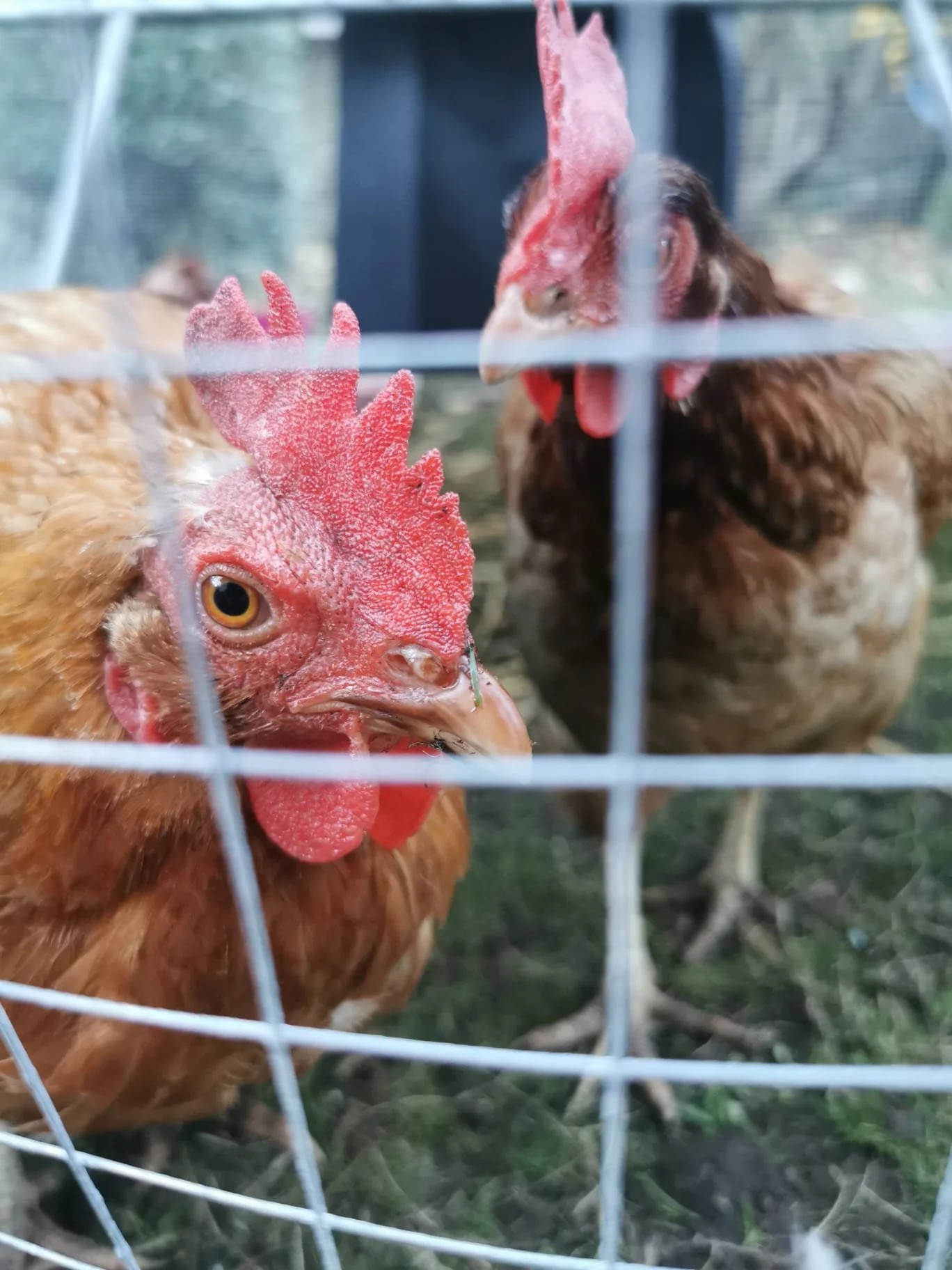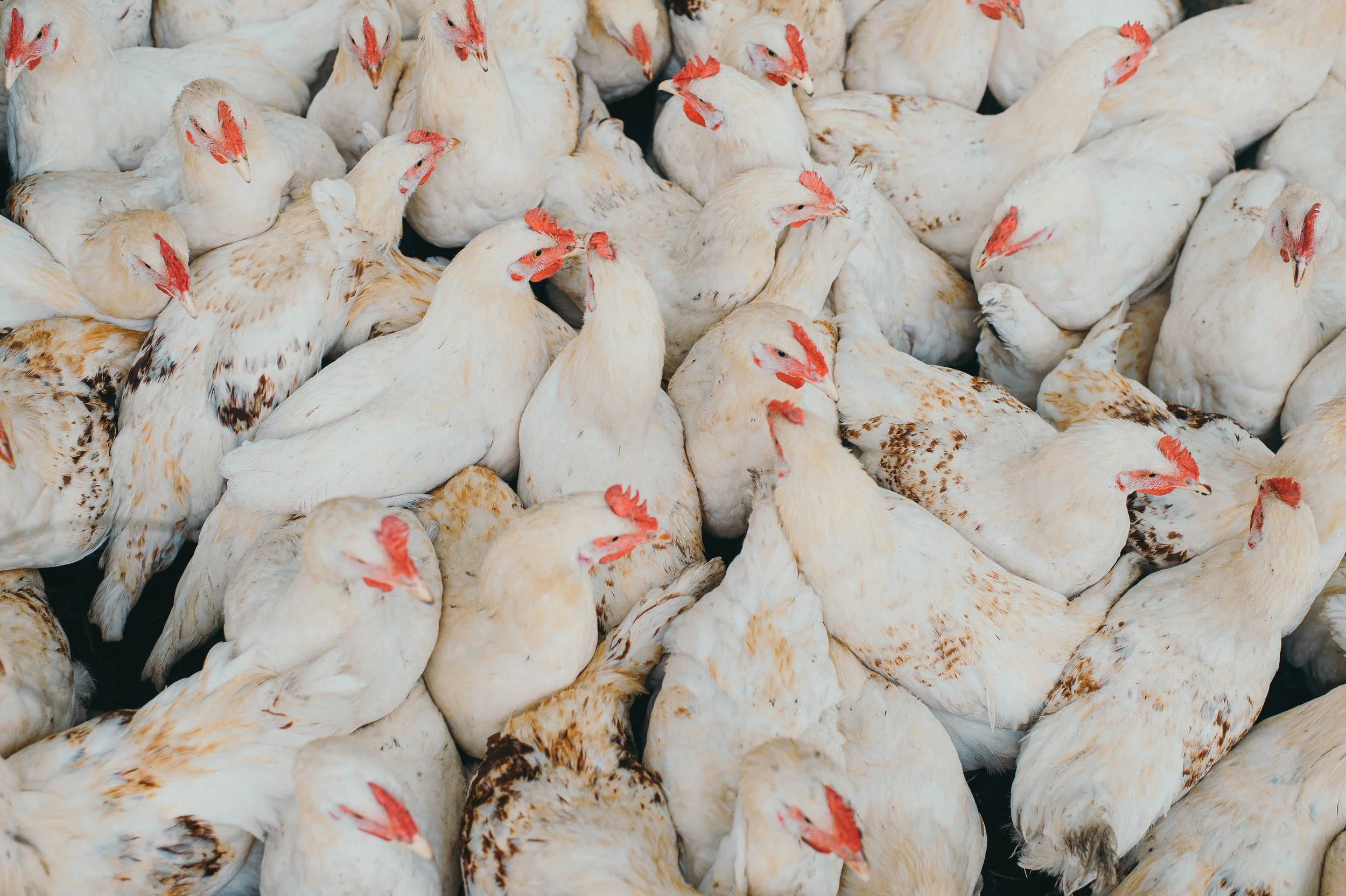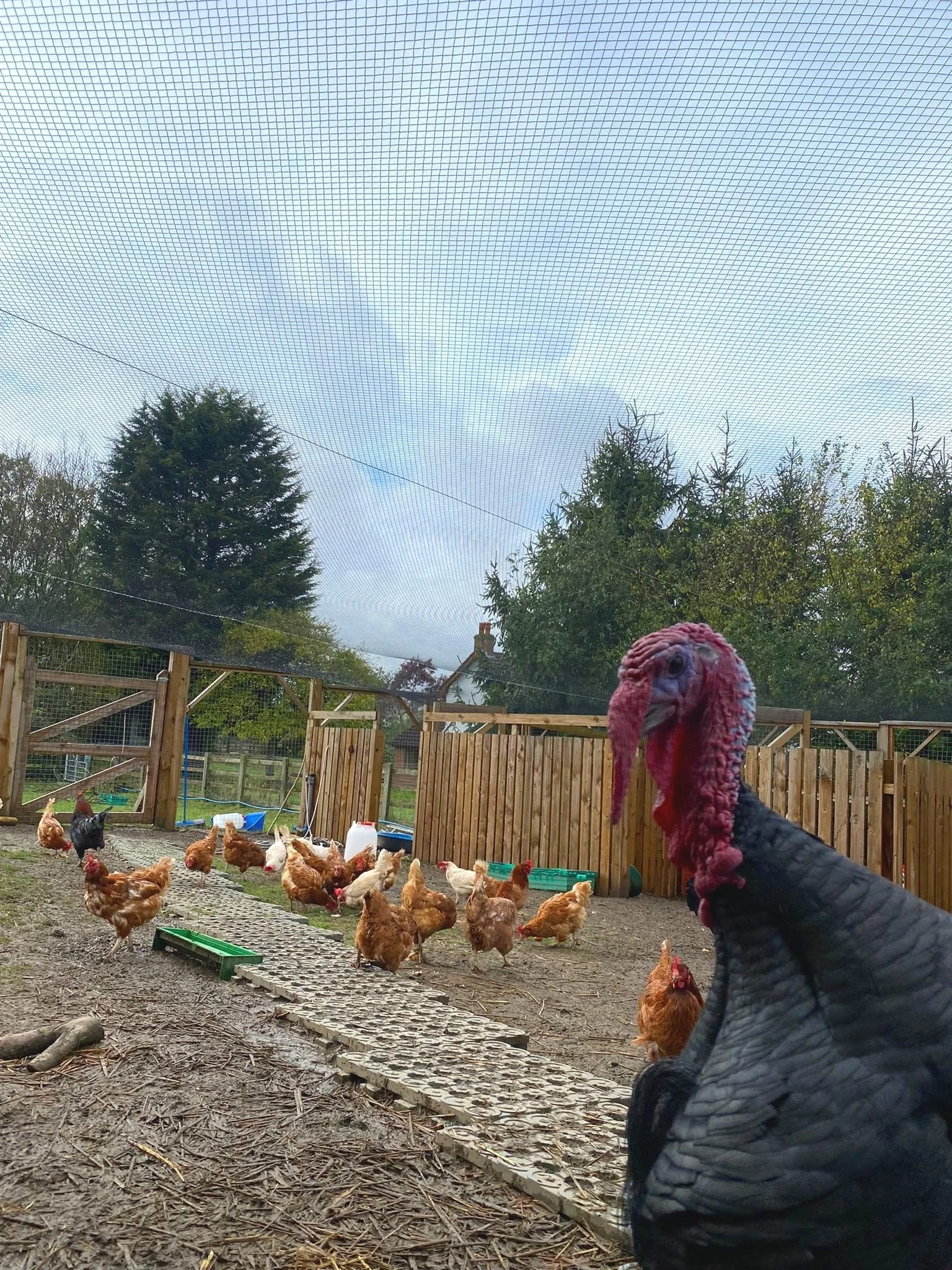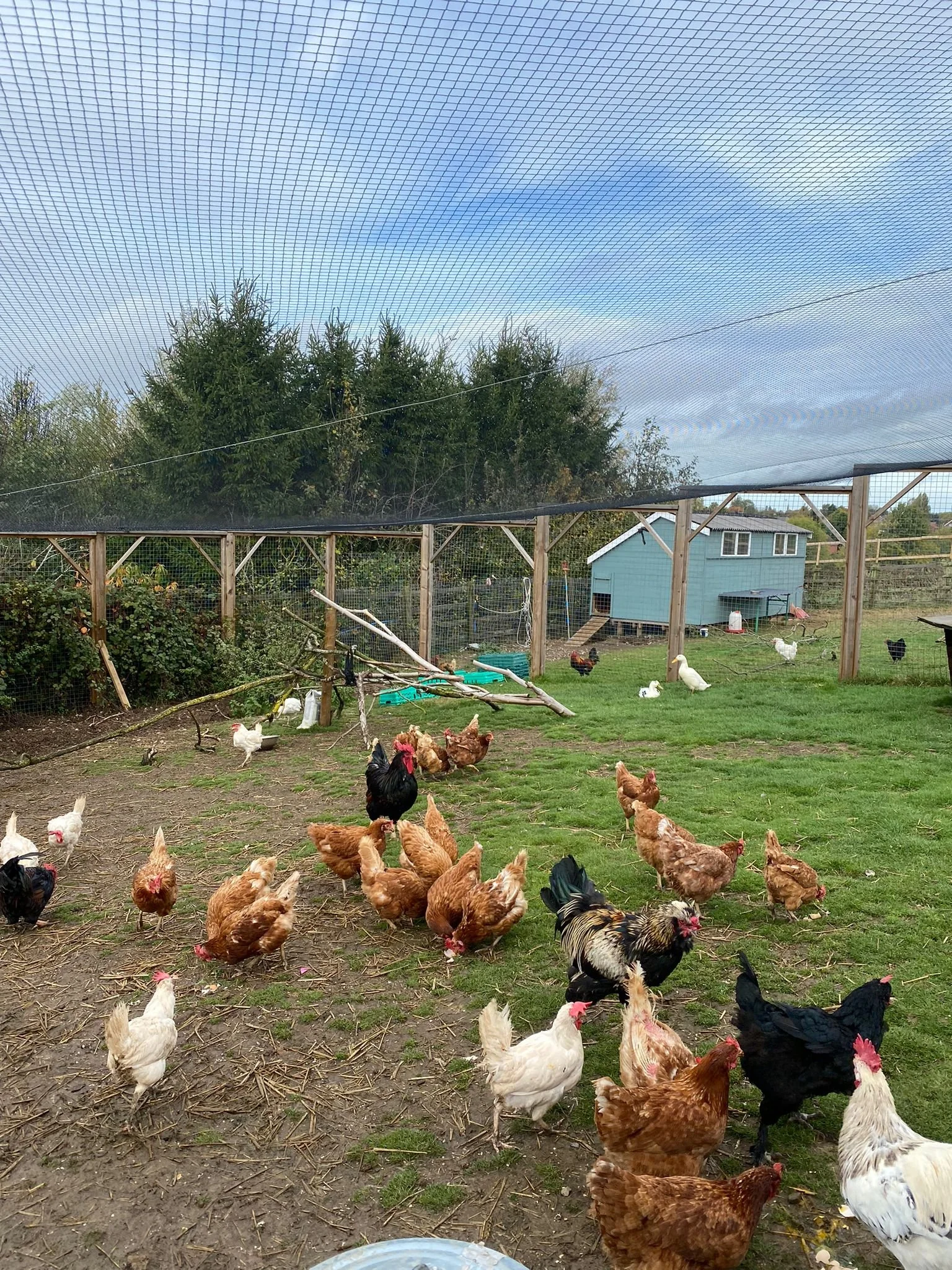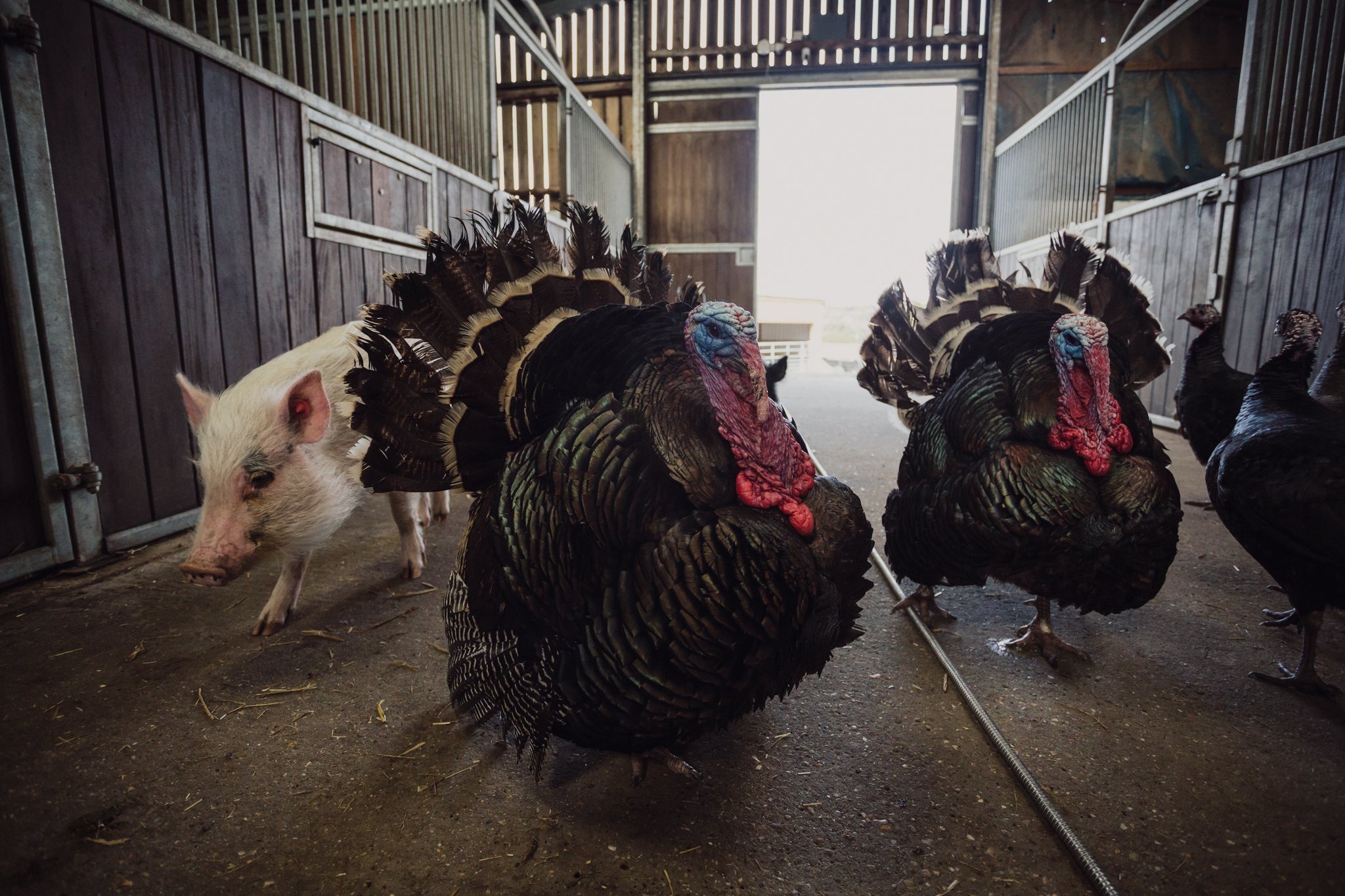Lockdown for our birds as Avian flu strikes again
Some of our girls cosy in the stables last year. Photo: Tom Woollard.
A new strain of avian flu is ravaging the UK and killing millions of birds. In this blog we discuss how it is exacerbated by farming, and how it will impact our residents.
Just as the words ‘lockdown’ and ‘virus’ were falling out of everyday vocabulary, we’ve been hit with another strain. But it's not covid this time, it’s bird flu, and it’s just as deadly.
With unprecedented numbers of wild birds dropping dead and 155 poultry sites infected across the UK, reports say this may be the worst bird flu outbreak on record in the UK.
On the 17th of October, a UK-wide Avian Influenza Prevention Zone was declared, meaning everyone keeping birds must comply with strict biosecurity measures to limit the spread of the disease.
Some of these measures include rigorous cleaning and disinfecting, restricting the space birds have to roam, and limiting human contact with them. If the situation worsens, we will have to put all of our chickens, turkeys, and ducks on a full lockdown.
This is a really worrying time for all of us. It's extremely stressful for birds to be thrusted into close quarters all of a sudden with little access to the outdoors.
Our volunteer Chloe, who adopted a few hens from the Surge Sanctuary, describes what lockdown has been like for her girls:
‘My girls usually free roam around my garden and I put them in lockdown yesterday due to the increased risks at the moment, plus we live near to 3 different bodies of water and get geese flying over our house.
Chloe’s curious hens.
It is a big change for them - so far they are adapting well but are understandably confused. I am very mindful I will need to keep changing up the enrichment as time goes on to try to keep things interesting for them. Consideration needs to go into how to help them be able to complete their natural behaviours as now they don't have access to the dirt they usually use for dust bathing.
One of my girls is older and quite frail so I do worry about her; she likes her own space and now is being subjected to enforced socialisation.’
Although we know these measures are necessary, it is incredibly frustrating that the wellbeing and lives of our residents are being threatened by the same industries we saved them from.
Avian flu used to be a relatively harmless disease and affected only wild aquatic birds, until it started spreading and mutating rapidly through live animal markets - just like coronavirus.
Now, animal farms - especially factory farms - create the perfect conditions for the virus to spread uncontrolled via crowded, unsanitary, and poorly ventilated barns. So animal farming created the problem, and continues to perpetuate it, leading to the crises we are in today.
Individuals crammed together in a poultry farm.
To add insult to injury, during outbreaks birds can continue to be slaughtered and sold for human consumption while we struggle to even have our rescued residents seen by the vet. And unbelievably, despite authorities blaming wildlife for spreading the disease rather than farms, ‘game’ birds like pheasants can continue to be imported for humans to shoot them for entertainment. It just doesn’t add up.
Last year, in order to make a vet appointment, we had to contact the government's Department for Environment, Food, and Rural affairs (DEFRA) to get the move of any bird approved. However, it was almost always impossible to get through, meaning the only time we could get our residents seen was in an emergency.
There was also a period where birds were not allowed in the vet practice at all, and had to be treated in the car park, which was stressful and impractical.
Our handsome turkey Rumpole and his chicken companions in our newly netted area.
Although our birds are still at risk of catching the virus, we can give them the best possible chance because we do not see them as disposable products but valuable individuals worth protecting at all costs. While a single poultry farm may house up to one million chickens and turkeys, we only keep as many individuals as we can properly care for.
We are happy to say that many of our winged residents will still have access to the outdoors, as we have built a netted roof over their living area, fondly known as ‘chicken village.’
Chicken village.
But our hearts absolutely break for the innocent individuals stuck on farms, who are uncared for and have a much higher chance of catching the virus and being culled. In fact, more than 3 and a half million birds have already been killed and disposed of on UK farms, shortening their already too short lives. One farmer from Devon said that he’s killed 20,000 ducks, none of whom had the disease, just as a precaution. Wild birds also suffer immensely, and have recently been dropping dead in their millions, posing a real threat to their population levels.
All the while, mainstream news worries only about whether people are going to have enough turkey to eat for christmas.
Animal agriculture is the real disease, and the sooner we cut it out, the sooner we will see pandemic risks dramatically decreased, a thriving environment, and billions of lives saved
None of our residents should be someone’s dinner.
Devon Docherty is a Surge writer and animal rights activist with a master’s degree in Human-Animal Interactions. Connect with Devon on LinkedIn.
